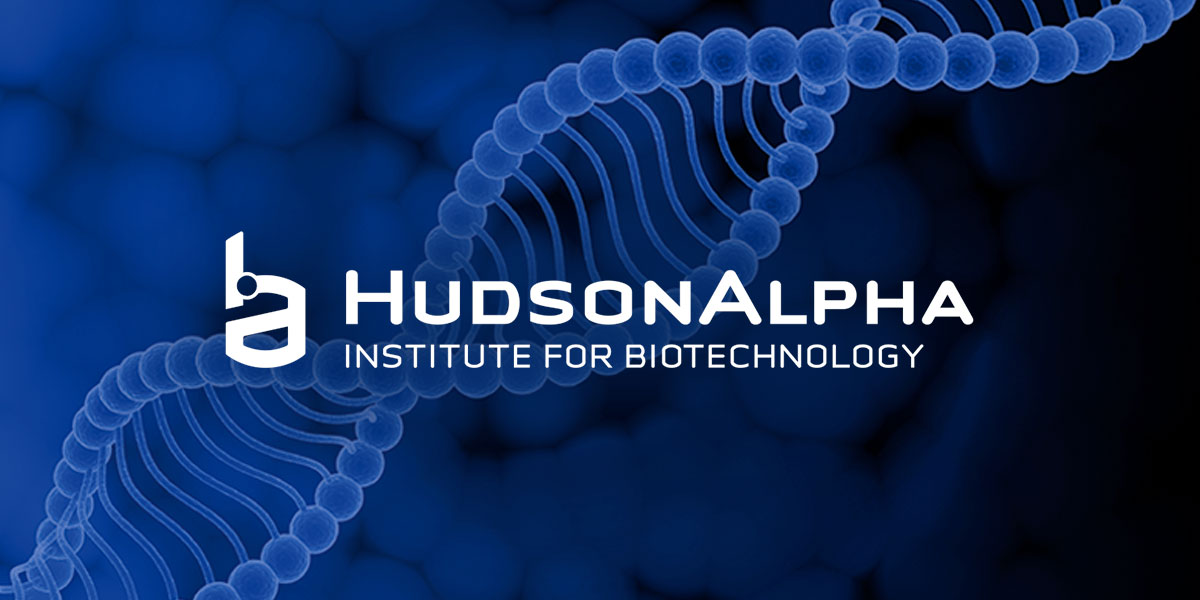Two HudsonAlpha Faculty investigators have been awarded a 5-year, $3.5 million grant from the National Institutes of Health. With the new funding, scientists Nick Cochran, PhD, Rick Myers, PhD, and Danielle Swaney, PhD, will work to gain a better understanding of dementia, including Alzheimer’s disease and frontotemporal dementia.
The two degenerative diseases are characterized by the progressive loss of brain cells due mostly to damage associated with aberrant protein aggregates. The team is specifically studying MAPT, the gene that codes for tau, one of the proteins that forms aggregates in the brain in many neurodegenerative diseases.
As part of their research, the collaborative team will use cutting-edge techniques to discover controllers of MAPT expression, providing an innovative path for achieving tau reduction in the human brain.
RELATED: HudsonAlpha gains Innovate Alabama Network designation, grants for entrepreneurs
Cochran and Myers are both experts in gene regulation, the process by which cells control the timing, location, and amount of gene expression.
“The potential promise of reducing tau levels in Alzheimer’s and other dementias is very exciting,” said Cochran, the lead investigator. “Doing our part in translating this knowledge into effective treatments for patients is our ultimate goal.”
“We are dedicated to improving the lives of the countless individuals affected by these devastating diseases.”
Dr. Rick Myers called gene regulation a “delicate dance.”
“When it falters, the consequences can be catastrophic, leading to conditions like cancer and developmental disorders,” said Myers. “Our journey to understand this intricate process began shortly after the Human Genome Project and continues today.”
“Now, we’re applying our expertise to the formidable challenge of neurodegenerative diseases.”
Austen Shipley is a staff writer for Yellowhammer News. You can follow him on X @ShipleyAusten












